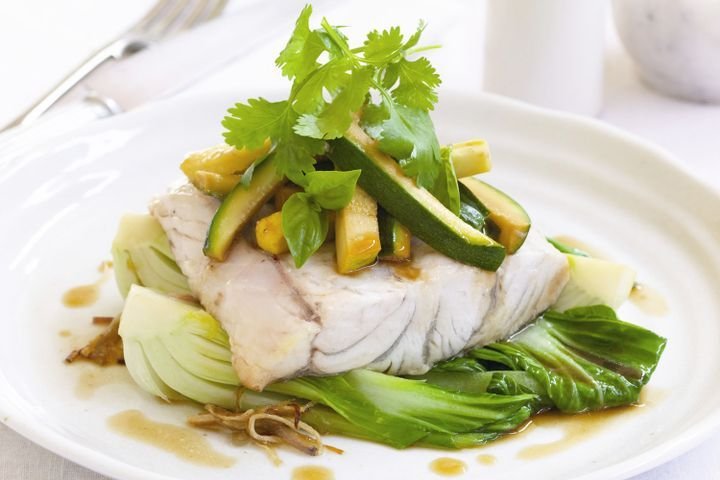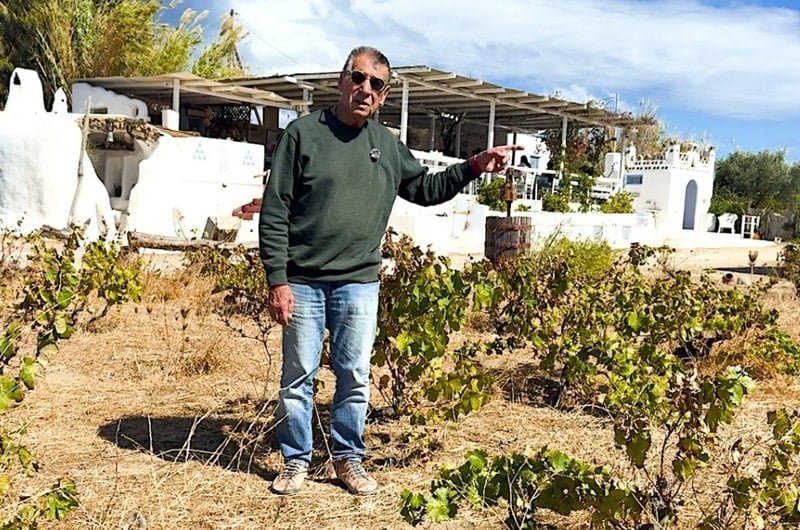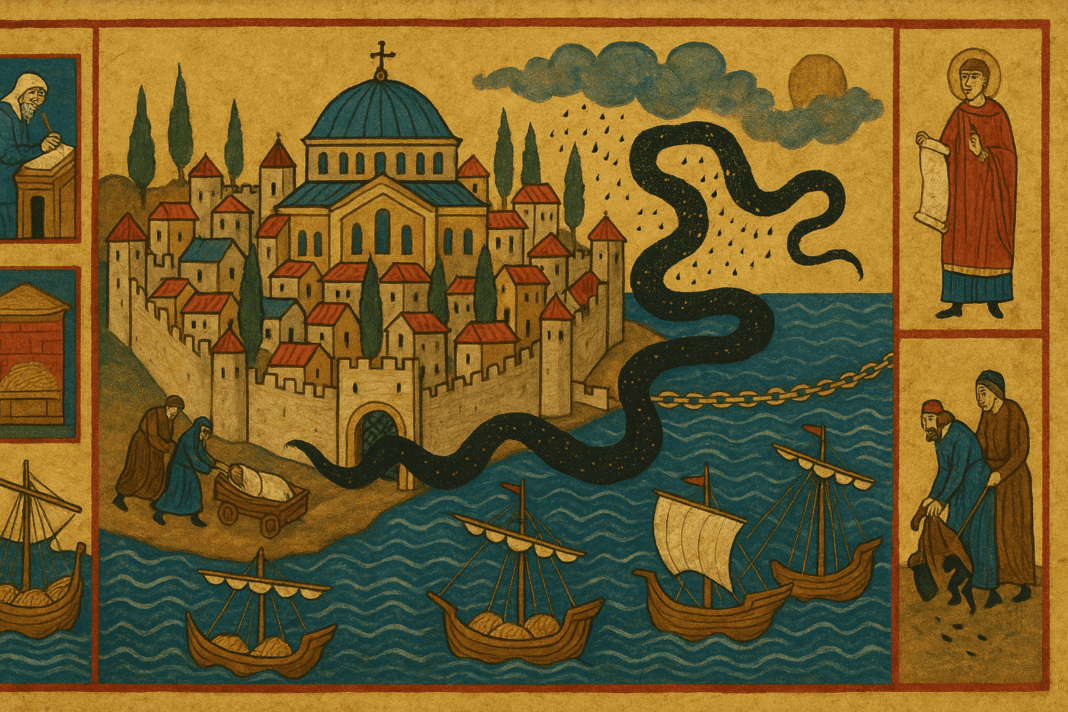
Greek migrants, along with Indigenous peoples, introduced the barramundi, an extremely popular and iconic fish in Australian cuisine.
It was the Haritos family, pioneers in the Outback, who arrived in the Northern Territory more than a century ago, escaping from the plights World War I left and searching to make a living. They were among many fellow Greeks who sought a haven in Australia.
According to historian Leonard Janiszewski of Macquarie University who spoke to SBS, “the Haritos Brothers were crocodile hunters, buffalo shooters and also barramundi fishermen.”
“The techniques which they acquired in terms of tracking and sourcing these animals were acquired from Indigenous Australians.
“And that’s because the Indigenous Australians knew the Outback well, they knew where the food sources could be, they knew what was the best way in which they could acquire these particular sources of food.”

Barramundi is introduced to the wider Australian cuisine
After acquiring the techniques of tracking and catching the barramundi—a catadromous species known scientifically as Lates calcarifer that can live in both fresh and saltwater—the next step was to introduce it to European Australians.
The potential payoff, however, was great, as the fish is renowned for its culinary attributes: a mild, sweet flavor and white, flaky, medium-firm flesh when cooked. It is also an impressive catch, sometimes called Asian sea bass or giant sea perch, capable of growing to a significant size.
And, indeed, the Haritos family succeeded. Almost 70 years ago, barramundi was on the plates of Olympians who were in Australia for the 1956 Olympic Games in Melbourne. That was the first instance that the barramundi actually had a successful commercial introduction to the wider Australian cuisine.
Today, barramundi is a celebrated, quintessentially Australian seafood staple, featuring prominently on the menu in all seafood restaurants in the country.
In northern Australia, barramundi are also highly prized by recreational anglers for their fighting ability, earning them the affectionate nickname “barra.”
Related: The Legendary “Patris” Ship: Uniting Greece and Australia in an Epic Journey


